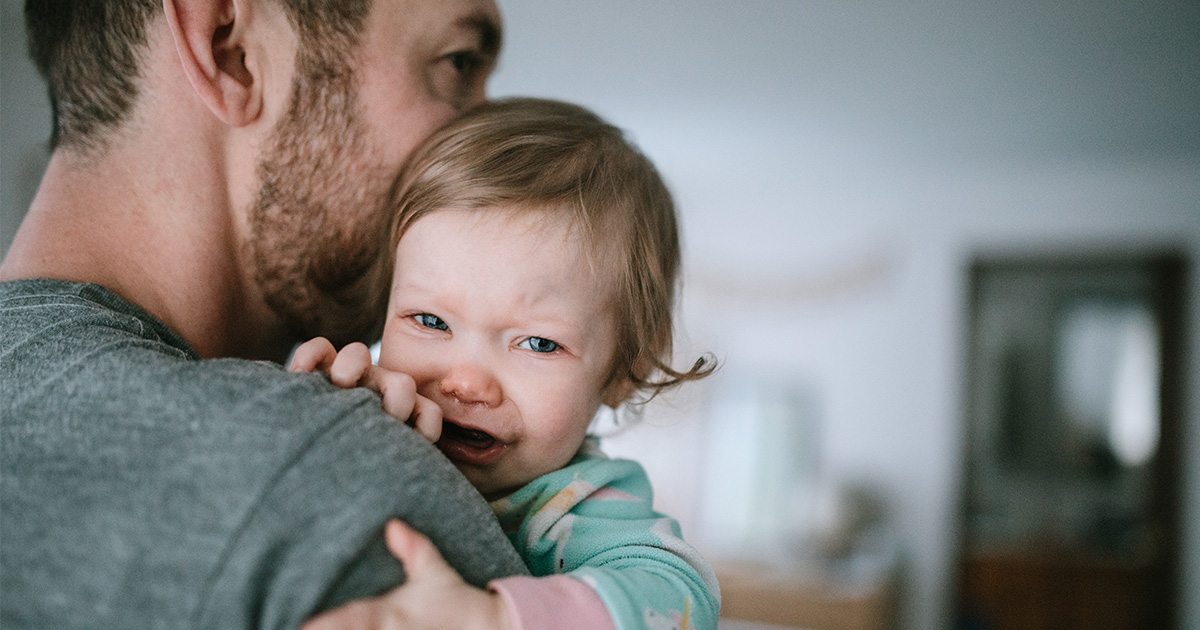How does RSV affect older kids?
For most healthy kids over the age of 2 (and adults), RSV typically causes nothing worse than a cold. That’s because, as kids age, their bodies tend to do a good job fighting off infection from RSV. Plus they’ve already built up some immunity from previous exposures.
What are the symptoms of RSV?
Mild symptoms are often similar to a common cold. These include:
- Stuffy or runny nose
- Sore throat
- Mild headache
- Cough
- Mild fever
Since these symptoms can be hard to distinguish from COVID-19 or a common cold, you should keep your child home and call their doctor for guidance.
Severe symptoms include:
- Difficulty breathing
- Wheezing
- Fast breathing
- High fever
- Lack of appetite
- Unusual sleepiness
- Weakness, irritability or confusion
Parents of infants or very young children, or kids with special health issues, should be especially alert to severe symptoms. Call a doctor right away, or bring your child to the emergency room.
> Related: Ask a Pediatrician: How Can I Tell if My Child Has the Flu or COVID-19?
How is RSV treated?
For mild cases, your child’s doctor may simply tell you to keep your child home, monitor their symptoms, and make sure they get plenty of rest and fluids. In most kids, RSV goes away on its own in a week or two, without special medical treatment or even a test to confirm whether it was RSV or just a common cold.
For more serious symptoms, your child’s doctor may order a special test to diagnose RSV, and have a plan of treatment ready in case any breathing problems develop.
How can parents and kids stop the spread of RSV?
Similar to COVID-19 and the flu, RSV spreads very easily through mouth and nose droplets when a person coughs or sneezes. It can also survive on surfaces, infecting someone who touches a contaminated surface.
Unlike COVID-19, there is no vaccine to prevent against RSV. But your family can take other (very familiar) steps to prevent the spread of this illness.
- Wash hands often and well with soap and water.
- Make sure everyone covers their mouth when they cough or sneeze, either by coughing into a tissue or their elbow.
- Regularly clean surfaces in your home that get a lot of contact, like doorknobs, light switches and the refrigerator handle.
- If someone in your family becomes sick, they should stay home and call a doctor. They should self-quarantine away from other family members as much as possible, especially infants and very young children (who are at the highest risk from RSV).
>Related: Are You Disinfecting Your Baby's Gear Correctly?
You might also like:

